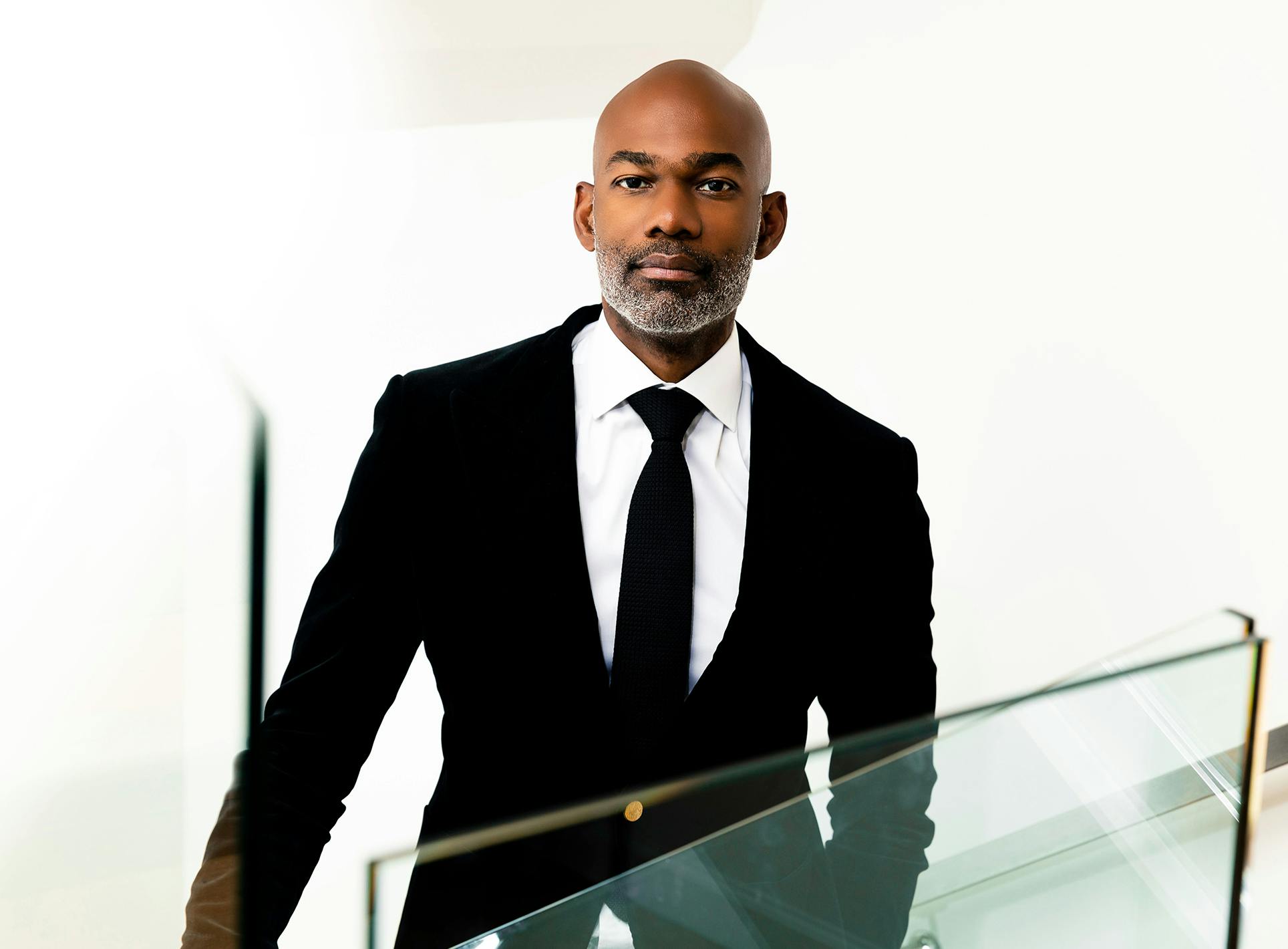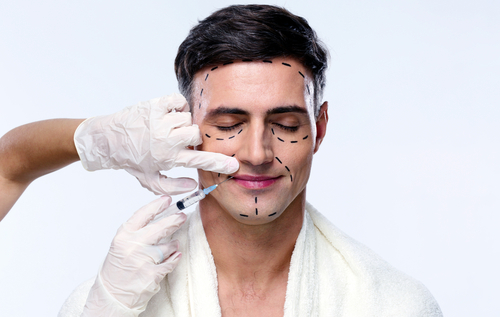Exploring the Emotional and Social Aspects That Drive People to Take Into Consideration Plastic Surgery as a way of Improvement
The choice to pursue cosmetic surgical treatment often prolongs past simple looks, linking with social and psychological characteristics that merit extensive assessment. Factors such as self-confidence, prevalent societal charm criteria, and the pervasive influence of social media merge to shape specific motivations for medical improvement.
The Role of Self-Esteem
Self-confidence considerably affects a person's decision to go after plastic surgery. People with low self-worth often perceive themselves in an unfavorable light, causing feelings of insufficiency concerning their physical look. This unfavorable self-perception can drive them to look for surgical interventions as an approach of enhancing their self-image. The need for improvement in one's look is frequently linked to a belief that such modifications will certainly boost their overall self-regard and self-confidence.

Inevitably, the duty of self-worth in the decision-making procedure pertaining to cosmetic surgery highlights the complicated interplay between body picture, personal fulfillment, and mental health and wellness. Recognizing this partnership is crucial for medical care specialists to ensure that clients are making informed choices rooted in practical assumptions and emotional health.
Social Elegance Standards
Influenced by prevalent media representations and social stories, social beauty standards play a critical duty fit individuals' understandings of their own bodies. These requirements are commonly characterized by an idyllic type of charm that stresses qualities such as slimness, youthful vigor, and balance. As these suitables are continued via numerous channels, consisting of television, film, and advertising and marketing, people frequently internalize these messages, causing discontentment with their all-natural appearance.
The effects of these societal norms prolong past aesthetic preferences; they can influence self-worth, mental health and wellness, and social relationships. People who view themselves as disappointing these standards may experience sensations of insufficiency, prompting a need for plastic surgery as a way of achieving societal authorization. This pursuit is frequently sustained by the belief that adjusting to these perfects will improve not just physical look yet likewise social standing and individual gratification.

Impact of Social Media Site
The effect of social elegance criteria is additional amplified by the increase of social networks platforms, where curated photos and idealized representations of appeal are common. Individuals are frequently exposed to filtered and edited photos, which commonly depict unattainable physical attributes. This exposure cultivates a culture of contrast, leading people to assess their own look versus these commonly impractical criteria.
Social media influencers and celebs frequently advertise cosmetic procedures, normalizing the idea that medical enhancements are a sensible methods for achieving social ideals (plastic surgery rancho cucamonga). The visibility of these improvements can create an understanding that undertaking cosmetic surgical procedure is a standard method, thus influencing individuals to consider similar treatments as a path to improved self-esteem and social approval
In addition, the interactive nature of social networks permits for instant responses through likes and remarks, even more enhancing the desire to adapt preferred charm requirements. Such communications can intensify sensations of inadequacy and drive individuals toward plastic surgery as a way of obtaining recognition. Inevitably, social media plays a pivotal function in forming assumptions of charm, which dramatically affects the decision-making processes bordering plastic surgery.

Social Viewpoints on Look
Across numerous cultures, understandings of appearance are deeply rooted in historic, social, and economic contexts, shaping people' sights on elegance and desirability. In many cultures, look functions as a substantial pen of identity, affecting social condition, professional opportunities, and personal partnerships. As an example, in some societies, light skin is usually connected with riches and opportunity, while others may glorify darker skin tones as icons of strength and authenticity.
In addition, traditional charm criteria are often continued through social stories, media representations, and family members affects, leading to differing ideals across various regions (plastic surgery rancho cucamonga). In Western societies, the emphasis on young people and physical fitness frequently drives people towards cosmetic improvement, while in certain Eastern cultures, more subtle changes straightened with standard visual appeals may be preferred
Globalization and the expansion of electronic media have actually even more complicated these characteristics, producing a hybridization of elegance ideals that goes beyond geographical borders. As people progressively browse these social narratives, the stress to adapt certain look standards can result in the wish for cosmetic surgery, showing a complicated interaction of individual desires and cultural values. Comprehending these social viewpoints is vital in resolving the motivations behind plastic surgery factors to consider.
Mental Influences of Aesthetic Surgical Procedure
Numerous individuals seeking plastic surgery report experiencing profound psychological influences that can significantly modify their self-perception and psychological well-being - plastic surgery rancho cucamonga. The desire for physical improvement often stems from underlying concerns such as reduced self-worth, body dysmorphic disorder, or social stress Home Page relating to beauty requirements. For some, the immediate post-operative stage can result in a short-term boost in self-confidence and complete satisfaction with their appearance, promoting a feeling of empowerment
Nevertheless, these positive feelings might not be sustaining. Research indicates that while some people experience boosted self-confidence, others may deal with heightened anxiousness or clinical depression if their expectations are not fulfilled. This inconsistency can occur from impractical perfects bolstered by media representation and social narratives surrounding beauty.
Moreover, the emotional ramifications of cosmetic surgery prolong beyond the person. Relationships with family members and close friends might be stressed as social dynamics change, bring about feelings of isolation or alienation. Eventually, you can try this out the psychological influences of cosmetic surgical treatment are diverse and complex, calling for careful factor to consider by both possible clients and health care companies to guarantee educated decision-making and practical expectations.
Final Thought
To conclude, the decision to pursue plastic surgery is significantly affected by a combination of self-confidence issues, societal charm requirements, and social viewpoints on appearance. The prevalent reach of social media sites even more aggravates these stress, promoting impractical suitables that people usually make every effort to attain. Comprehending these emotional and social variables is crucial for addressing the motivations behind cosmetic surgical treatment, highlighting the demand for an extra nuanced discussion bordering elegance and self-acceptance in contemporary society.
The choice to seek cosmetic surgery typically prolongs past simple looks, intertwining with psychological and social characteristics that merit complete examination. Ultimately, social media plays a pivotal role in shaping understandings of appeal, which dramatically impacts the decision-making processes bordering cosmetic surgical treatment.
As individuals increasingly browse these social narratives, the pressure to adapt to you can try here certain look criteria can lead to the need for cosmetic surgical treatment, showing a complex interaction of personal desires and cultural worths.In final thought, the decision to seek cosmetic surgical procedure is dramatically affected by a mix of self-esteem concerns, social appeal standards, and cultural point of views on appearance. Recognizing these social and psychological aspects is necessary for attending to the motivations behind cosmetic surgical treatment, highlighting the requirement for a much more nuanced conversation bordering appeal and self-acceptance in contemporary culture.